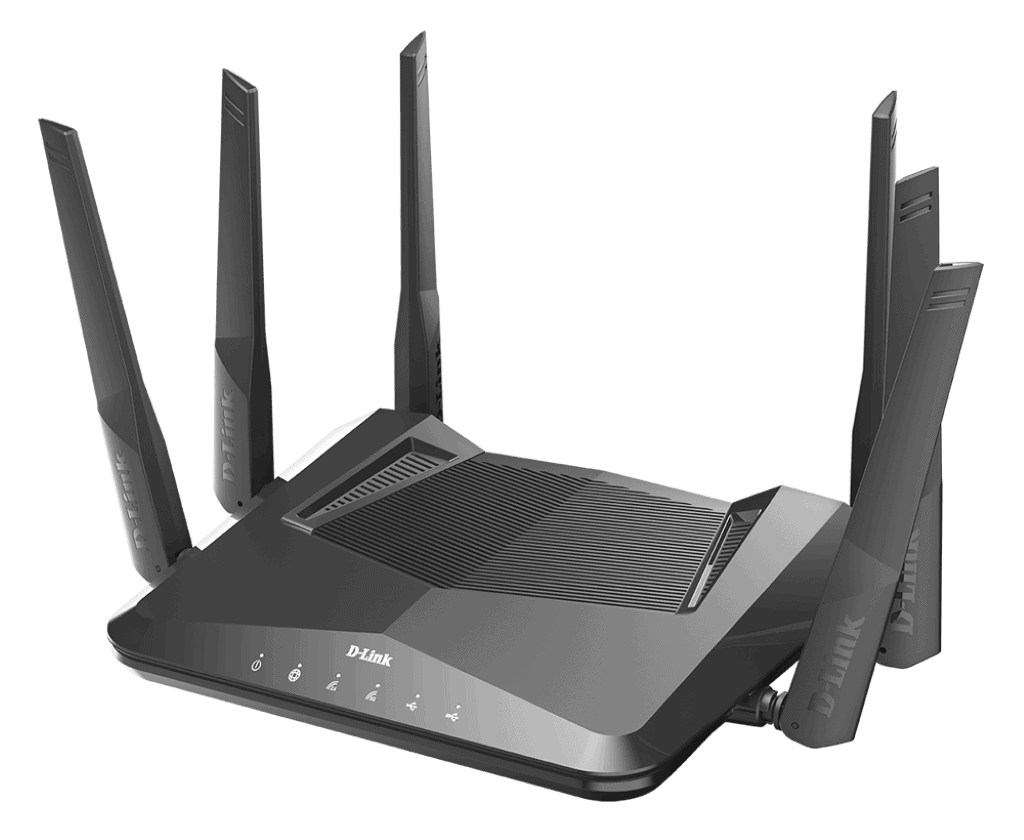We’re none the wiser after last night’s pointless leaders’ debate and television really needs to raise its game, writes PAT PILCHER.
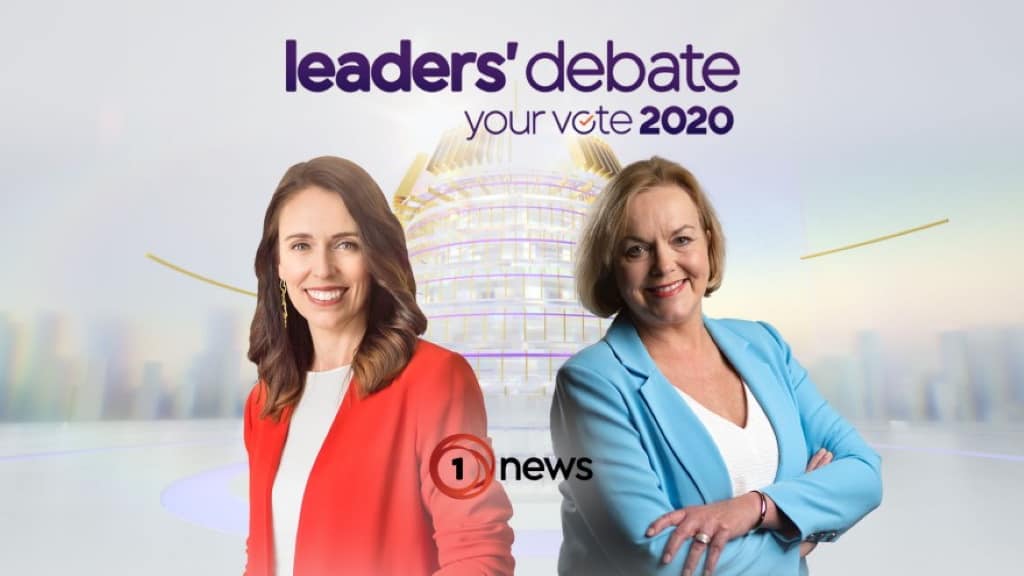
It’s that time of the political cycle when an election looms large, and the media feeding frenzy starts to get damned irritating. Pundits pontificate, gotcha style stories increase, and our blood pressure rises.
If that sounds dire, don’t worry, it gets worse. The media circus squeezes a growing political pustule with the dreaded televised leaders’ debate. It is only second to the actual election night’s “told you so” post-election result analysis on TV in its awfulness.
So why have a leaders’ debate? In theory, it should allow leaders from the major political parties to lock horns and debate policies. The aim of this is to inform potential voters and to help them decide which party gets their vote. This is what the Fourth estate should do.
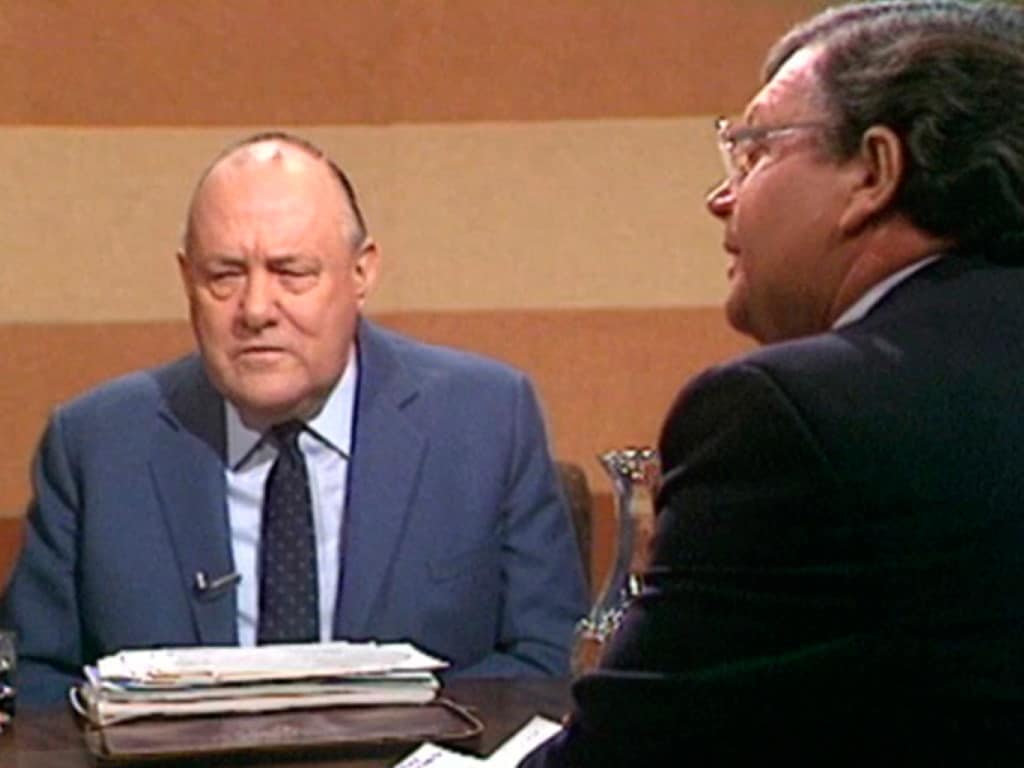
The reality, however, is something vastly different.
Instead of being treated to a rational discussion on the pros and cons of policies and party leaders’ abilities to constructively argue, the whole thing descends into a shouty mess of interruptions that are anything but informative.
The whole idea of compressing a debate into a 40-minute shit-show is at best laughable. Policies are nuanced and depend on a multitude of complex social/economic and historical factors that simply cannot be explained in the limited timeframe of a televised debate.
As for leaders showcasing their abilities to constructively argue, that was, in this debate, a bit of a joke. Judith Collins’ eyebrows were raised so high that NASA issued collision warnings to the ISS crew. Add to this lots of eye-rolling, face-pulling and other infantile behaviours, and it wasn’t a good look. It certainly wasn’t informative. Given the sheer number of her interruptions, it was of little surprise that Jacinda hardly got a word in.
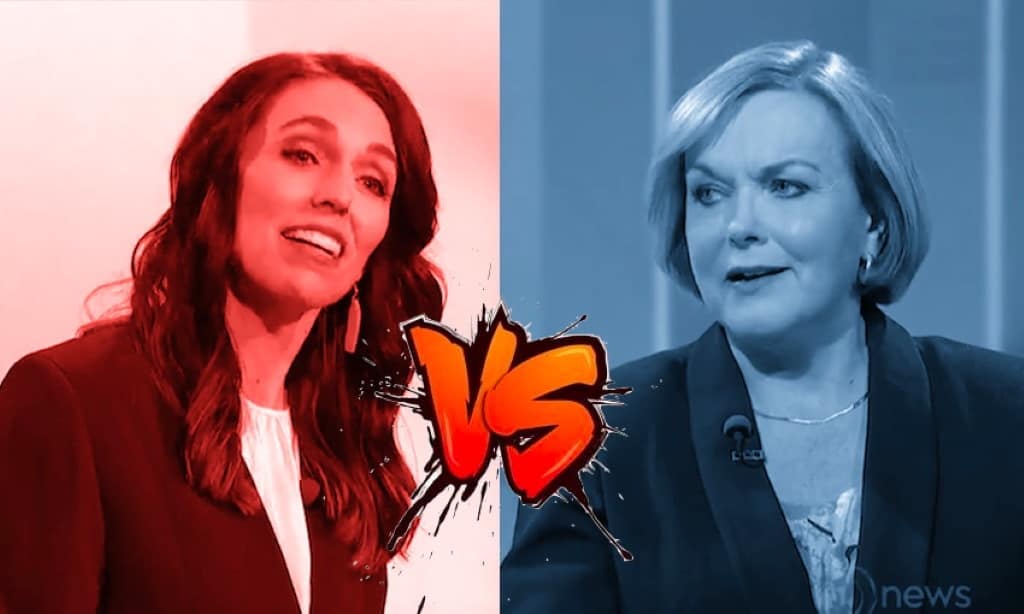
The whole thing was sad and predictable. After the debate, a bunch of talking heads whose own political leanings were barely hinted at pontificated. Then supporters of both sides claimed on social media that they’d won, and the name-calling started.
The reality missed by nearly everyone was that the only real winner on the night was the television networks. Advertising around the debate would have sold for colossal amounts of money as the TV execs rubbed their hands together with glee.
As for the losers, it wasn’t either political leader. It was us. We lost because nothing useful or insightful was disclosed, discussed, or debated. Viewers were not so much informed as treated to a confused shit-show. We were then told what to think by a bunch of pundits afterwards.
Maybe I am way out of line, but the leaders’ debate didn’t strike me as a particularly sterling example of media helping the wheels of democracy to spin smoothly.
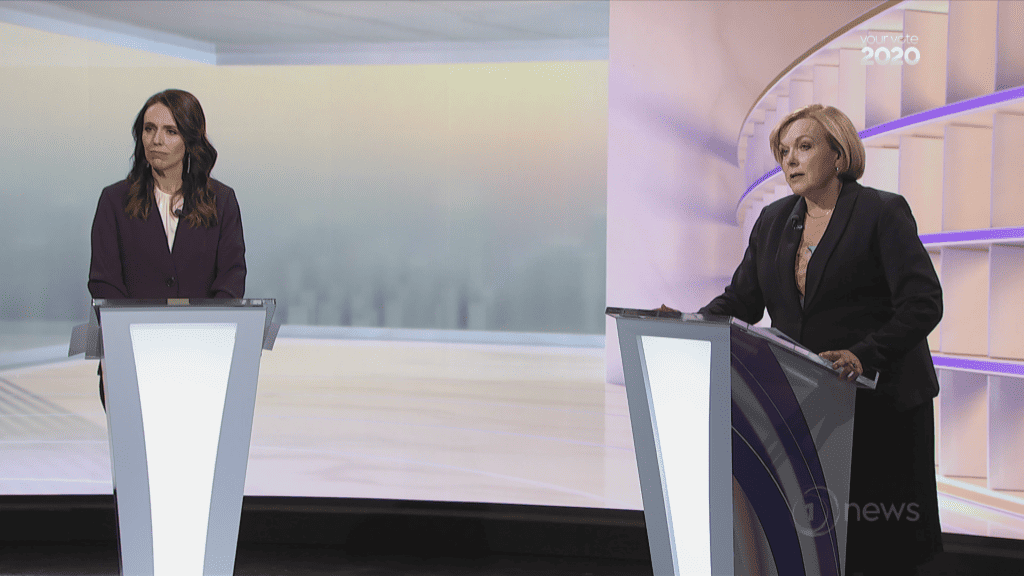
So, what could be improved?
I’d like to see a team of fact-checkers working in the background to score both leaders and displaying the results on a real-time bullshit-o-meter on-screen graphic as the debate progressed. While both leaders wouldn’t be able to see it in the studio, it’d be a good bet that they’d at least try not to lie.
The political leanings of the post-debate pundits should also be highlighted. It could happen with their on-screen title graphics so that the viewers not only learned their names but also got a frame of reference with which to interpret the opinions the pundits offered up. The real danger here is that the views of the pundits are uncritically seen as fact by viewers when they are only opinions.
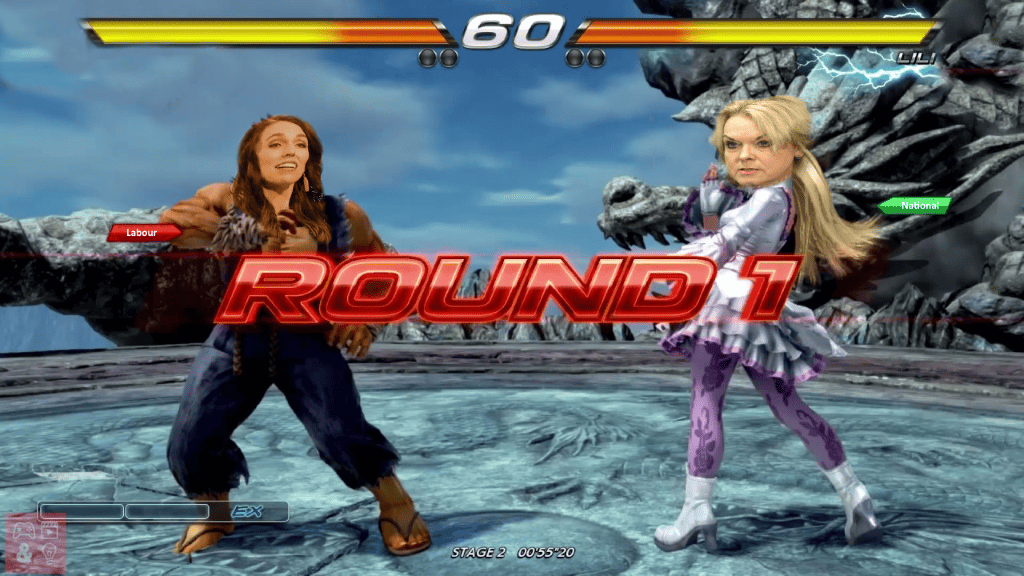
If you take one thing out of this story, please let it be this. Don’t let some shitty televised media circus decide your politics for you. Instead, get online, visit the various political parties, and look at the policies you care about. Filter these against the party’s track record. How good are they at keeping policy promises? Do their people act with integrity? Doing your own research is far more likely to give you the information you need to make an informed choice than a televised so-called leader’s debate.







